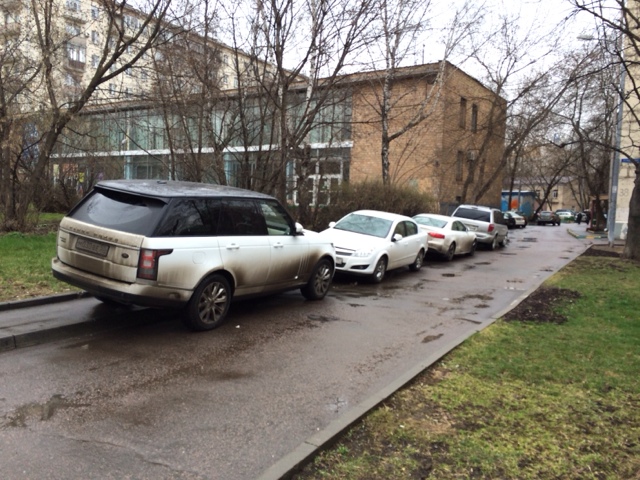Today I am leaving Moscow and returning to Chicago (Lufthansa via Frankfurt). My hosts arranged a taxi from the hotel to the airport for about one-third of the regular price (1150 instead of 3400 rubles). I was able to communicate with the taxi driver using some basic Russian vocabulary that I learned this week, and ended up at the correct airport. Traffic was remarkably light on the Moscow roads at 4 am. Usually the roads are completely choked with bumper-to-bumper traffic and even a short trip can take 1-2 hours. Security at the airport is moderate to heavy - baggage X-rayed twice, bomb-sniffing dogs, etc).
It has been an incredible honor to visit Endocrine Research Center as an Endocrine Society Ambassador. I learned that we have much in common with the Russians. Of course, there are many fascinating contrasts as well. I learned much from them and hope that I was able to teach them a few things in exchange. I greatly value the new friendships that I have made these past 2 weeks. I look forward to the second half of the exchange where we host our Russian friends in Chicago at Northwestern University.



























